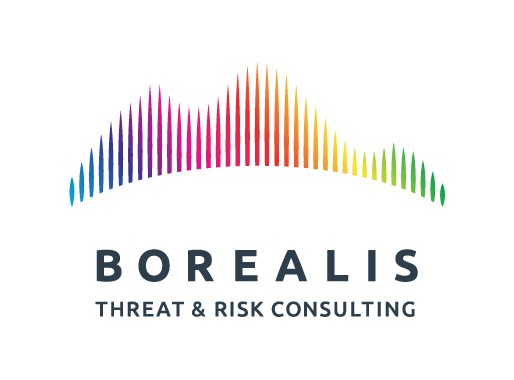Episode 201 – Why governments struggle to make national security decisions with the pressures of social media
Governing a country is not easy. Not only are there an infinite number of demands from the public – roads, energy networks, education, etc. – but a finite number of resources to address all these issues. Complicating this is the need to do something ASAP. Social media only exacerbates this problem. Citizens learn of events on the fly and draw conclusions, often spurious, shortly afterwards despite a lack of complete information. How does this affect government decision making, especially when it comes to national security? A conversation with Andrew MacDougall.
The ‘information war’ has altered war itself — and the West is losing | Ottawa Citizen
About my guest
Andrew MacDougall is a Director at Trafalgar Strategy, a London-based strategic communications consultancy. Andrew is a former director of communications to former Canadian prime minister Stephen Harper, a host of the Hacks & Flaks podcast, and writes about media and politics for the Ottawa Citizen and other publications.
CANADIAN INTELLIGENCE EH!
In a world of multiple voices and opinions it can be very hard to know where to turn. One choice is to look to those who actually worked in counter-terrorism in the national security world. In these half-hour podcasts, 30-year Canadian intelligence veteran Phil Gurski is joined by a fascinating array of individuals with something meaningful to say about these issues as they provide insight into what they mean and what we need to do about them.
About Phil Gurski
Phil Gurski is the President and CEO of Borealis Threat and Risk Consulting Ltd. He worked as a senior strategic analyst at CSIS (Canadian Security Intelligence Service) from 2001-2015, specialising in violent Islamist-inspired homegrown terrorism and radicalisation. He is the author of six books on terrorism, including the most recent The Peaceable Kingdom: A history of terrorism in Canada from Confederation to the present.

